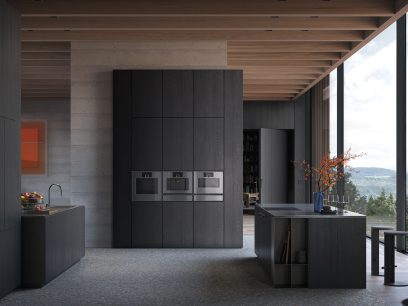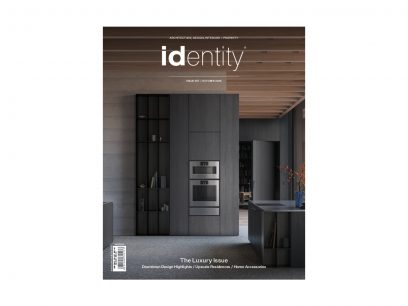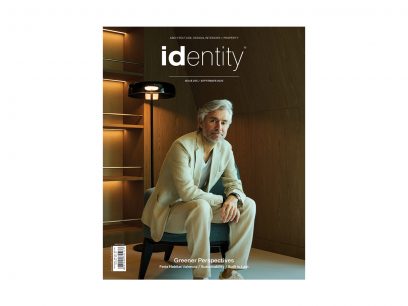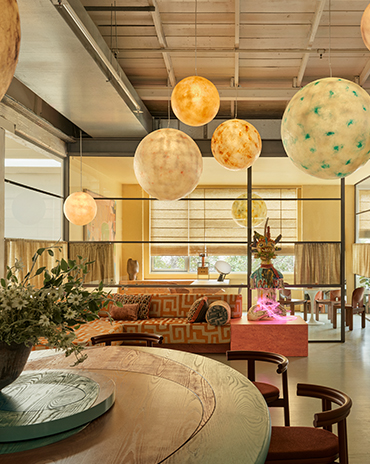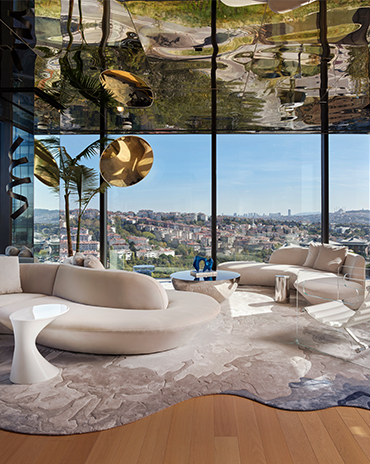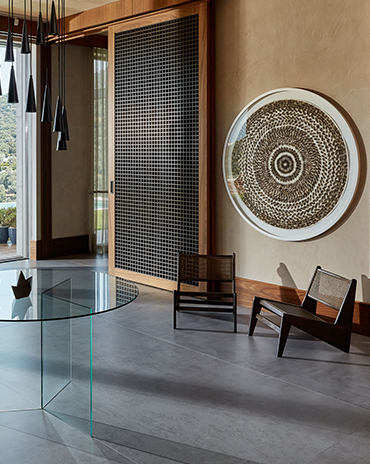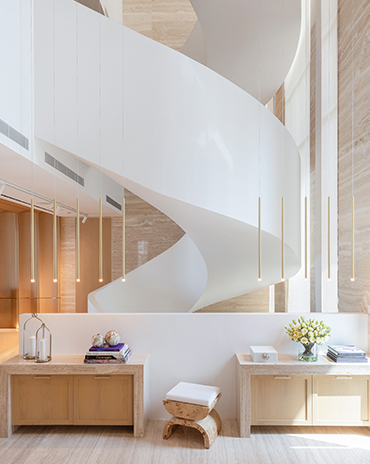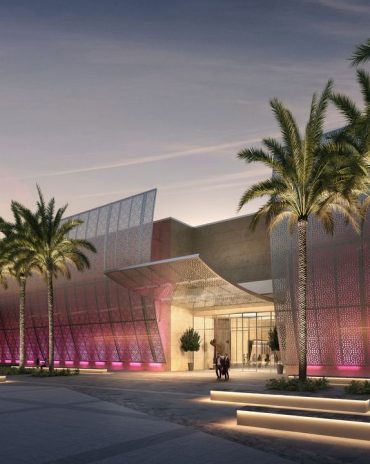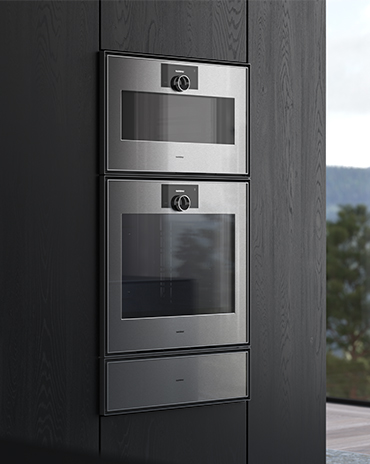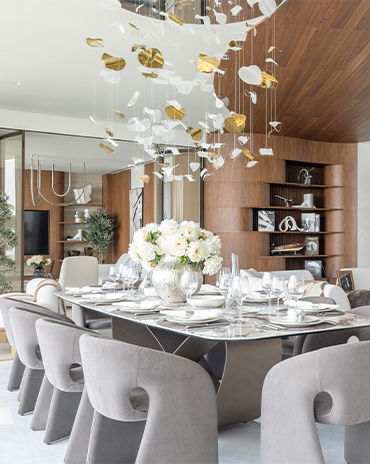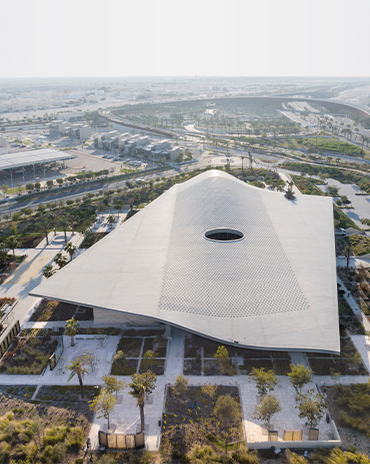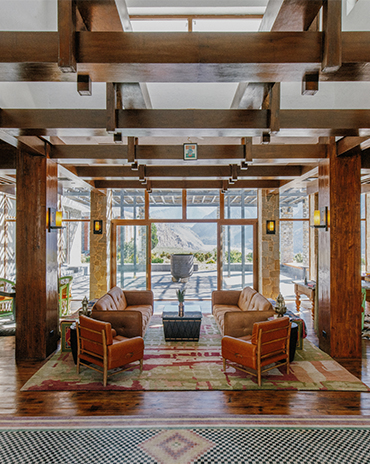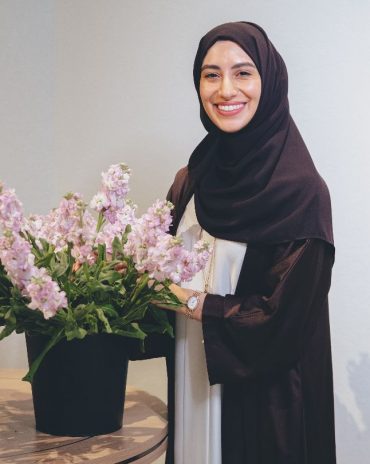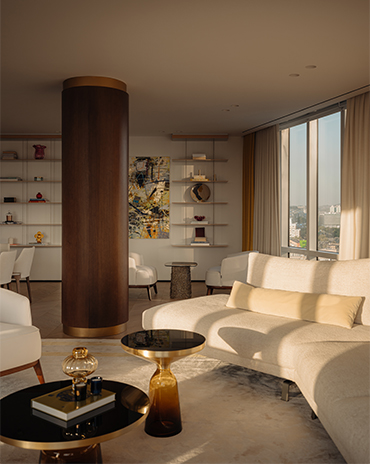Copyright © 2025 Motivate Media Group. All rights reserved.
Experience traditional Dubai hospitality at Mazmi Casa
An original Emirati house is now a boutique hotel along Dubai creek.
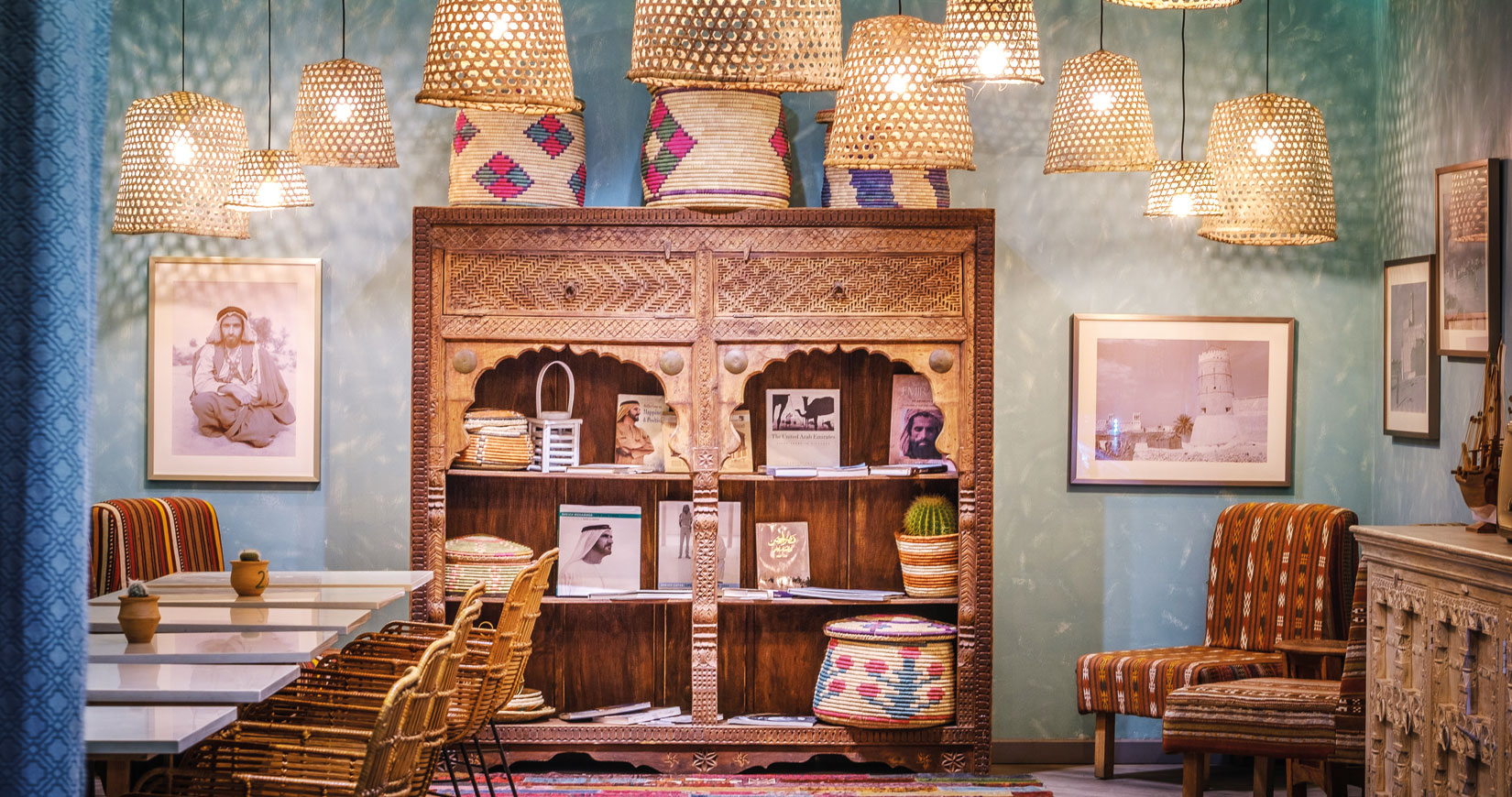
Originally from Fano on the Adriatic coast of Italy, Ilaria Paci came to Dubai five years ago on holiday and fell in love with the city. So much so, she wants to share its magic with other holidaymakers; so, with her husband Mohamed, she has created the idyllic concept of Mazmi.
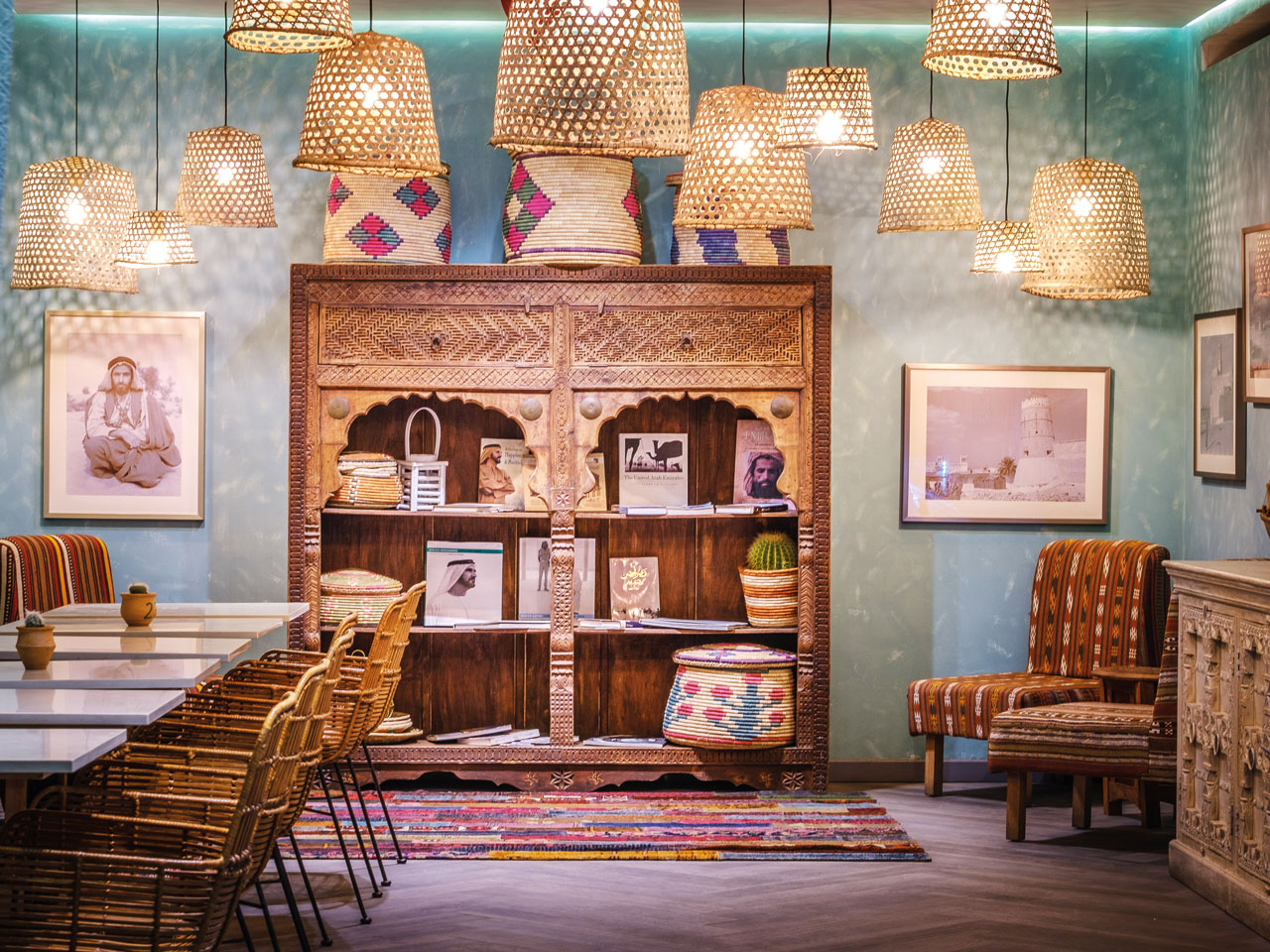
“One day, we were sitting by the creek and Mohamed shared with me his dream to have a little coffee shop on the creek. Seven months later we opened it,” says Paci, who had never worked in hospitality before, though she was the owner of two fashion boutiques. Upon moving to Dubai, she worked initially in an interior design studio, mixing her passion for design and fashion. Now she and her husband work as a supportive team. “For us, the concept was to mix our cultures and make something different from what was already available in Dubai. We wanted to have a proper family business where food, culture and love live together.” Mohamed’s dream was to have a coffee shop, to which Paci gave his family name, Mazmi. “It was to honour him and it sounded good in every language. In Italy, we give family names to old-style trattorias too.”
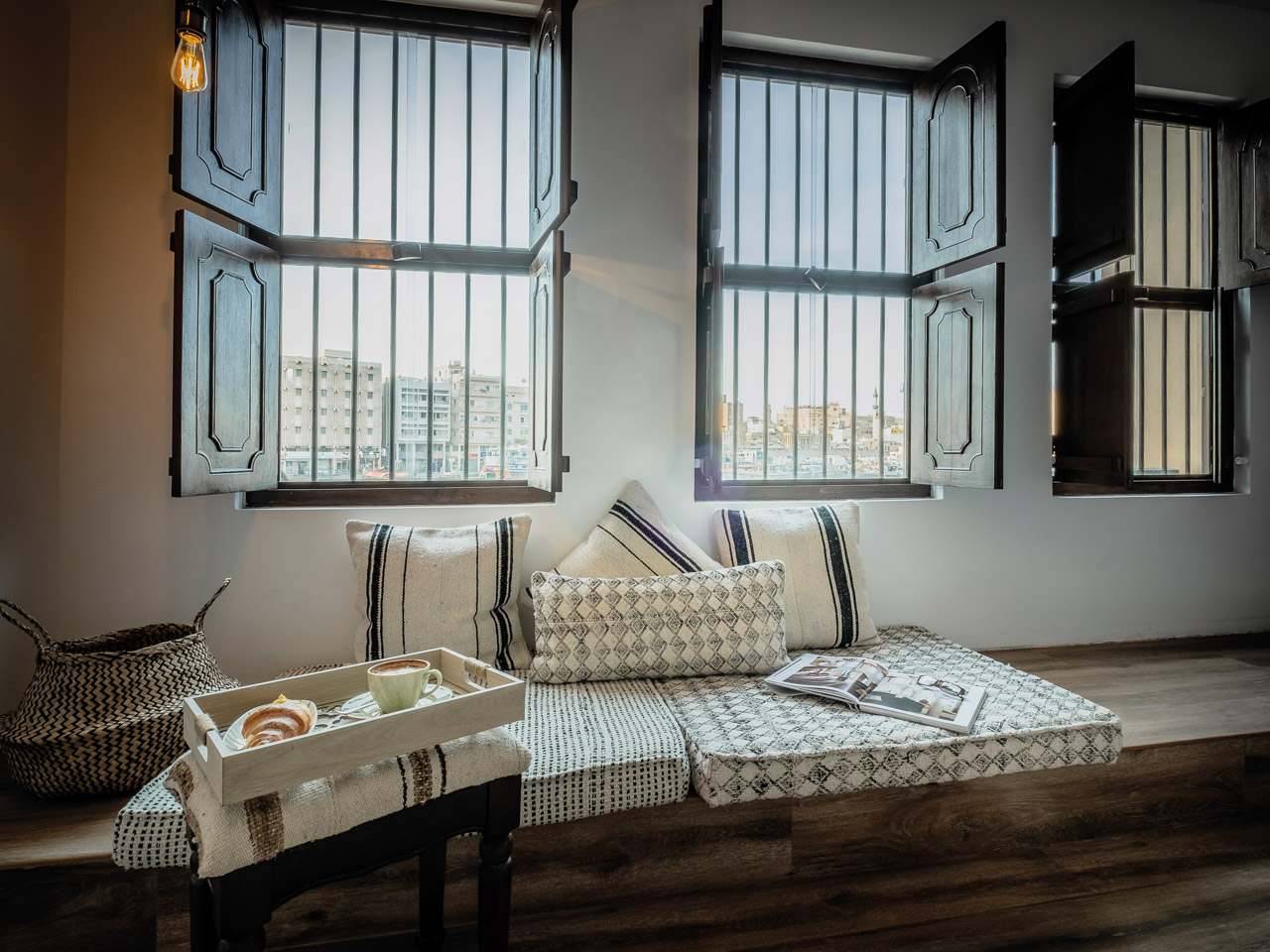
Paci wanted to source everything locally – with textiles from the souk – and in that way helping people who would become her neighbours.
I thought there was nothing more special than sleeping inside the Dubai souk and waking up and opening windows onto the creek, first thing in the morning.
The location for Mazmi was an original Emirati house, complete with wind tower, which had some empty space on the first floor. “I always wanted to have a little boutique hotel,” she says. “I thought there was nothing more special than sleeping inside the Dubai souk and waking up and opening windows onto the creek, first thing in the morning.” Her decision to expand was also tempered by a desire to offer a different concept from the usual luxury hotels. “I wanted to create a place where travellers could meet locals,” she adds.
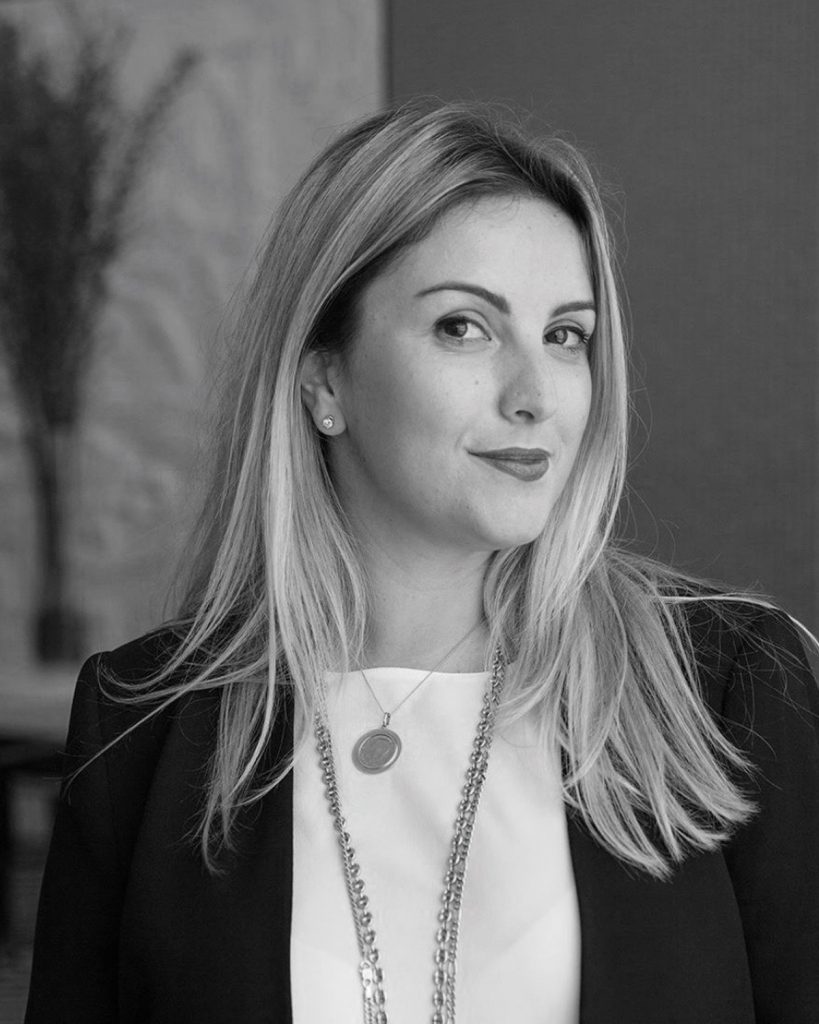
Ilaria Paci
Once the intention was set, Paci asked her friend Davide Algranti – an interior designer specialising in hospitality projects – for help with the structural part of the project. “I needed someone that was able to draw what I had in mind. The decoration was my idea; I wanted to combine modern touches with heritage items; Italian design with Emirati culture.” Most importantly, Paci wanted to source everything locally – with textiles from the souk – and in that way helping people who would become her neighbours.
Mazmi has three rooms, each of which has been given an Arabic name, taken from the boats one may see on the creek. “Samaa is the only one to have a bathtub inside the original wind tower, and it is decorated in grey and blue tones. Beteel is the biggest room, [finished] in a black and white palette – it has a majlis [that’s] perfect for watching the creek. Abra is the smallest room but it has its own charm, with a partition glass that shows the bathroom from the bed. It is decorated in calming sage green and neutral colours.”
[row][column width=”50%”]
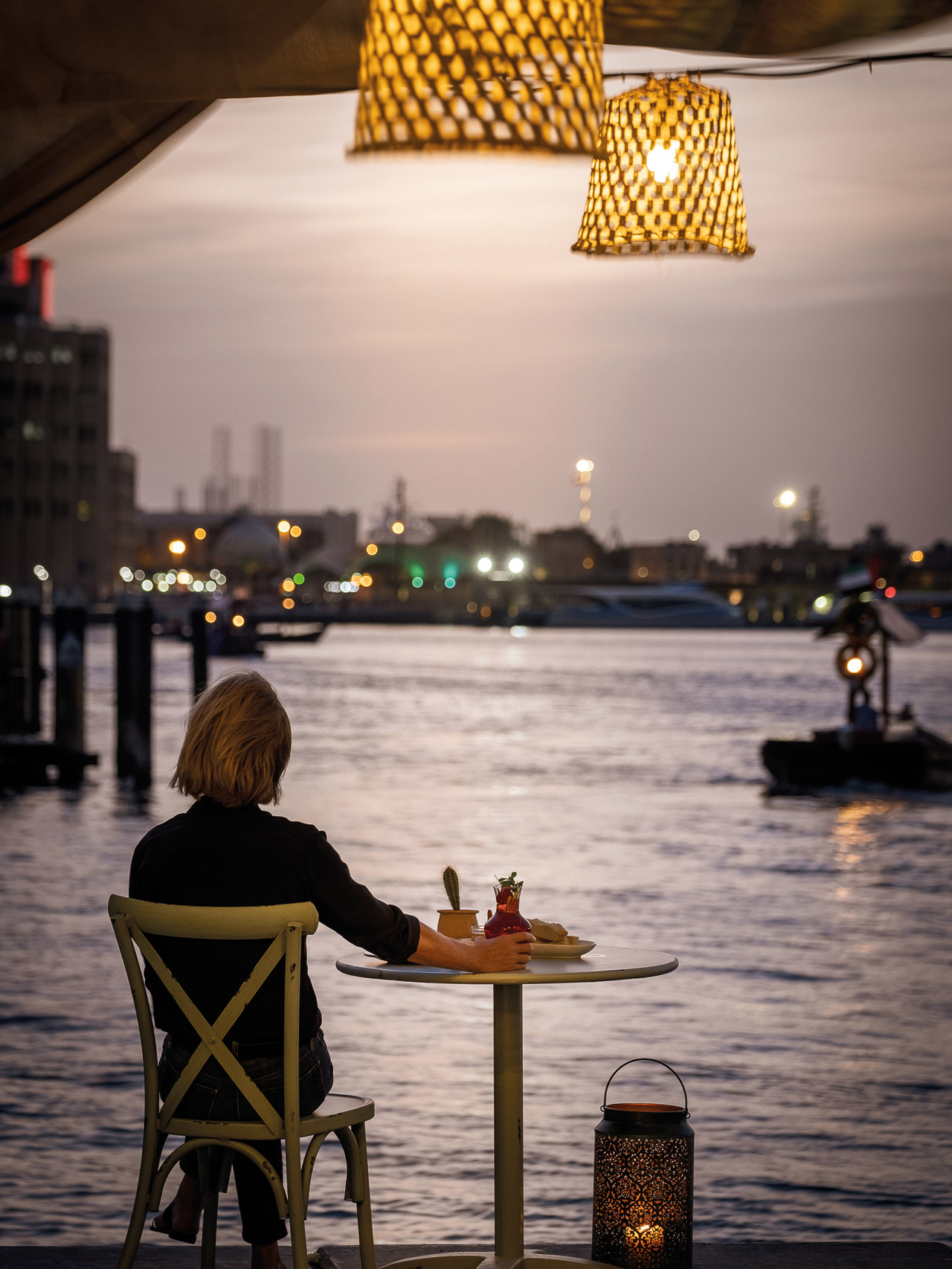
[/column][column width=”50%”]
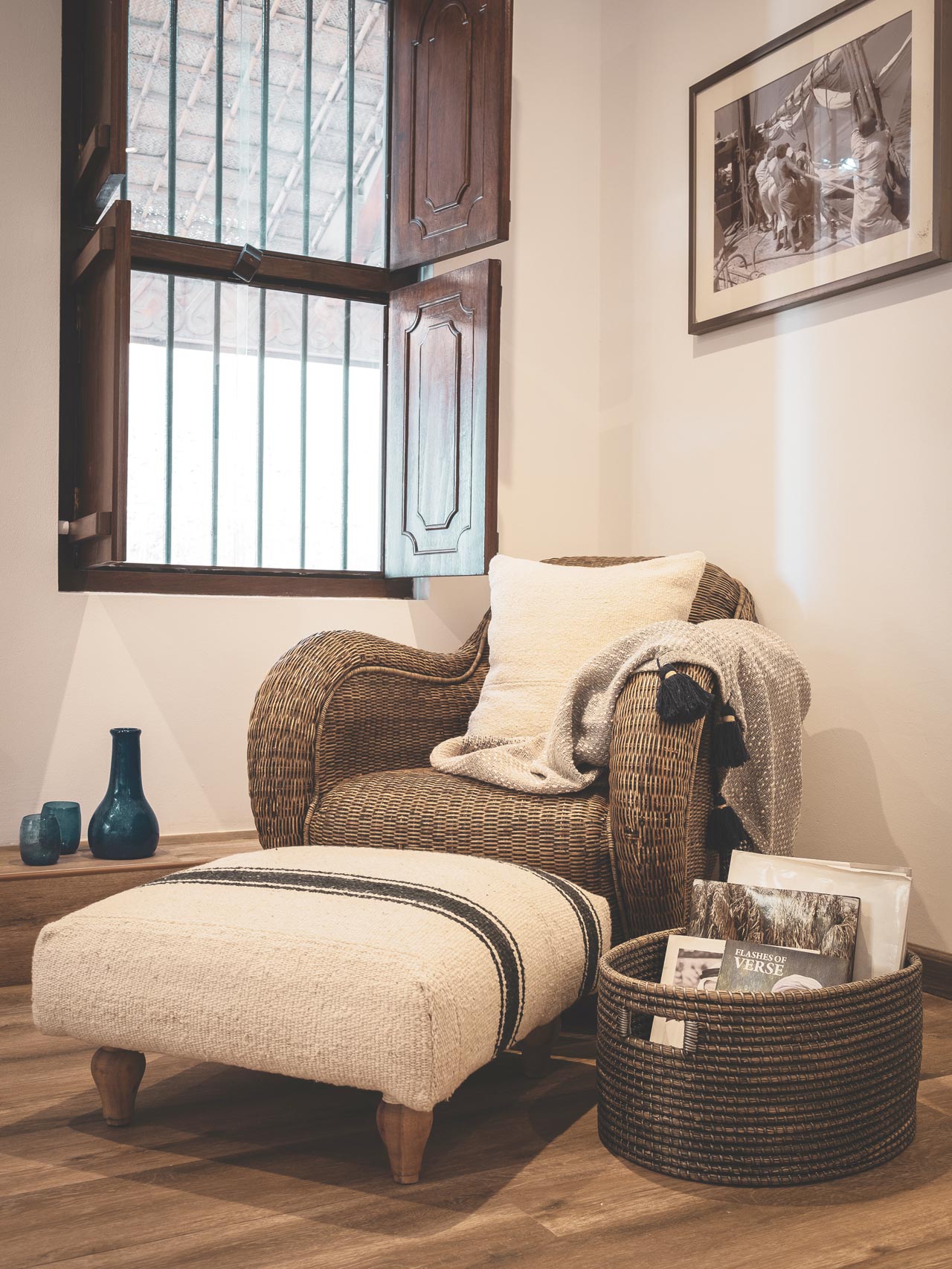
[/column][/row]
So far, the response to Mazmi has been exceptional, with visitors commenting not just on the quality of the sleep experience but also the opportunity to have a “real trip to the past of old Dubai”. Mazmi is open throughout the year, and Paci has enjoyed meeting visitors and making them feel at home. She already has plans to expand Mazmi Casa and recreate the same concept inside another historical souk building. As for her own holidays, they will be spent in both Italy and in Dubai – with her savouring the best of both worlds.
The Latest
Otherworldly
The new Alémais Sydney headquarters reflects the brand’s flair for colourful prints and embellishments
Between Sky and Steel
We step into a sculptural apartment in Istanbul, Turkey
identity Design Awards 2025 shortlist: All Categories
Shortlist revealed for all the categories for identity Design Awards 2025
Brimming with Warmth
Atlas Concorde’s porcelain tiles enhance the contemporary design of this villa in Bodrum, Turkey
The Lighthouse
Carrie Das has completed a beachfront home that bridges Asia-inspired minimalism and touches of British heritage
Department of Culture and Tourism – Abu Dhabi and Frieze announce launch of Frieze Abu Dhabi
The move marks a new chapter in the emirate’s role on the global art calendar.
For Those Who Know
Gaggenau’s new Expressive series draws inspiration from Bauhaus principles and the minimalism of modernist architecture
Eternal Flow
Inspired by the open seas and its five-star location on the Palm Jumeirah, this nature-inspired home by Katrin & Muse Design brims with inspiration
Where Faith, Knowledge and Community Converge
Conceived by Her Highness Sheikha Moza bint Nasser, Chairperson of Qatar Foundation, Al-Mujadilah Center and Mosque for Women in Qatar is the first purpose-built contemporary women’s mosque in the Muslim world
An Ethereal Stay
A bespoke, cultural and spiritual adventure awaits in the remote, magical Kingdom of Mustang with the all-inclusive Shinta Mani Mustang – A Bensley Collection hotel
Celebrating artistry, heritage, and community
Casamia & Mustard & Linen host a cultural exchange celebrating Emirati Women’s Day
Skyline Serenity
A family home in Almaty, Kazakhstan blends modern architecture, bespoke craftsmanship and global design icons

